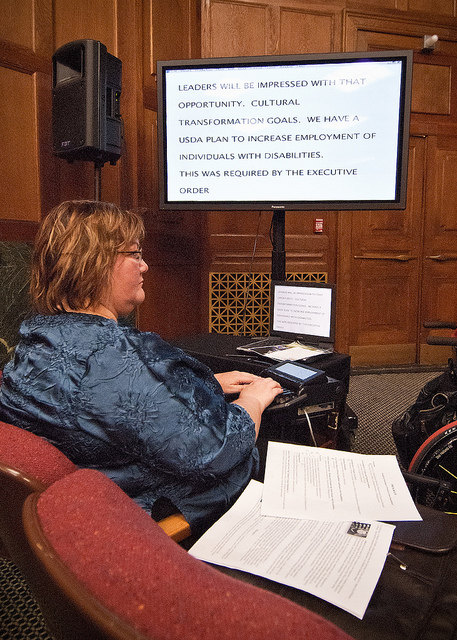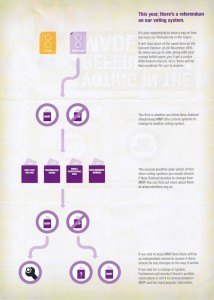
My submission on the Marriage (Court Consent to Marriage of Minors) Amendment Bill:
Thank you for the opportunity to submit on this Bill.
I agree that this Bill is a good first step, however it does not go far enough and should be amended to ban all forms of child marriage and civil unions. The legal minimum age of marriage and civil union should be 18 with no exceptions. This includes no exceptions due to judicial or parental consent.
I study a Bachelor of Arts (Psychology) and a Bachelor of Laws.
As a young person, I think it is important that the voice of youth is taken into account during the Select Committee process at all times, but especially when issues relating to young people are being debated and discussed.
We set legal ages for many activities. When someone is 16 they can’t vote, they can’t get their full driver licence, they can’t buy alcohol or cigarettes, they can’t apply for a credit card, they can’t buy Instant Kiwi scratchies, and they can’t gamble in a casino. We set these limits because we are conscious of the development stages of children.
A non-government organisation’s name states this bluntly. These are Girls, Not Brides. Their ‘Role of Parliamentarians’ report is attached.
Sustainable Development Goals
New Zealand has agreed to the Sustainable Development Goals. To achieve target 5.3 this Bill must be amended to ban all marriage for children under 18, with no exceptions.
The Sustainable Development Goals are the successor of the Millennium Development Goals and are intended to determine national and international development priorities up to 2030. There are 17 goals and 169 targets and one of them relates to child marriage.
All United Nations member states pledged their support toward achieving target 5.3, which is to end child marriage. Ending child marriage will contribute to achieving eight of the Sustainable Development Goals.
To be clear: New Zealand will not end child marriage by 2030 unless the practice is completely prohibited – this means there can be no loopholes such as obtaining judicial approval.
This Bill is the perfect opportunity to implement target 5.3 through an amendment that will prohibit child marriage entirely.
The Rights of the Child
The Committee for the Convention on the Rights of the Child recommends that the minimum age of marriage be 18 years.
Child marriage affects the rights of children, especially girls’ right to health, education, equality, and the right to live free from violence and exploitation.
Child marriage increases health risks.
For girls it encourages the start of sexual activity when they are still developing and when they might not know as much about their rights and sexual and reproductive health. Girls in a child marriage are forced to negotiate safe, consensual sex with usually much older husbands.
They are under social pressure to prove their fertility and so are more likely to experience early, unplanned and frequent pregnancies with an increased risk of pregnancy-related issues.
Girls married before 18 are more likely to experience domestic violence than unmarried peers and to report that their first sexual experience was forced. Child brides more likely to believe that a man is sometimes justified in beating his wife compared to women who marry later.
A rubber-stamping process
My preference is for this Bill to be strengthened so that no marriages of children under 18 occur.
However, if the judicial consent avenue is taken the process needs to be strengthened.
- From watching the speeches at the first reading of this Bill, it seems clear that the intention of the Bill is to reduce the number of these marriages, however the Bill provides no criteria for Family Court judges considering an application from a 16-17-year-old to take into account.
- The Bill does not empower judges to seek funded expert reports, such as psychologist or cultural reports, or to order funded counselling. A lawyer for child should be appointed and reports such as cultural, medical, psychiatric, and psychological reports should be able to be requested by a Family Court judge. Family Court Act 1980 section 16D would need to be amended too.
- There is no need for the Bill to include provisions around public/media presence and other matters that are covered by other Family Court legislation. Sufficient controls on the media and public are contained in the Family Court Act – a person under the age of 18 or a vulnerable person cannot be identified in a report and the public are not able to attend hearings without consent of the Family Court judge.
- The Committee should consider amending Family Court Act 1980 section 12A rather than including an evidence subsection in the Marriage Act.
- This Bill should be compared to the law in Australia. If the judicial approval approach is taken the legislation should be reworked to be much more similar to sections 11 to 21 Marriage Act 1961 (Australia). For example: that authorisation should only be granted in exceptional circumstances, parental authorisation should be required as well, expiry of consent etc. The Australian law makes it clear that the intention is to reduce child marriages: “the circumstances of the case [shall be] so exceptional and unusual as to justify the making of the order”. However, please note that even this does not meet the Sustainable Development Goal requirements.
UNICEF recommendations
The Committee should consider UNICEF’s recommendations (PDF), such as:
- child marriages should be voidable by either party with applications being able to be made within two years from the date the person reaches the age of majority (with considerations made regarding immigration status, division of property, and care of children);
- in relation to penalties; and
- child marriages taken place to date should be analysed.
Civil unions
The Civil Union Act 2004 should also be amended to make the minimum age for civil unions 18.
Image credit: Girls Not Brides







